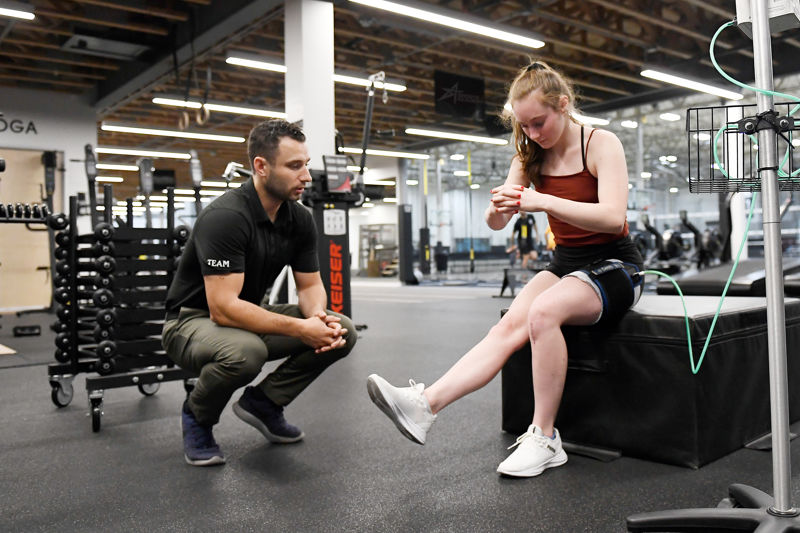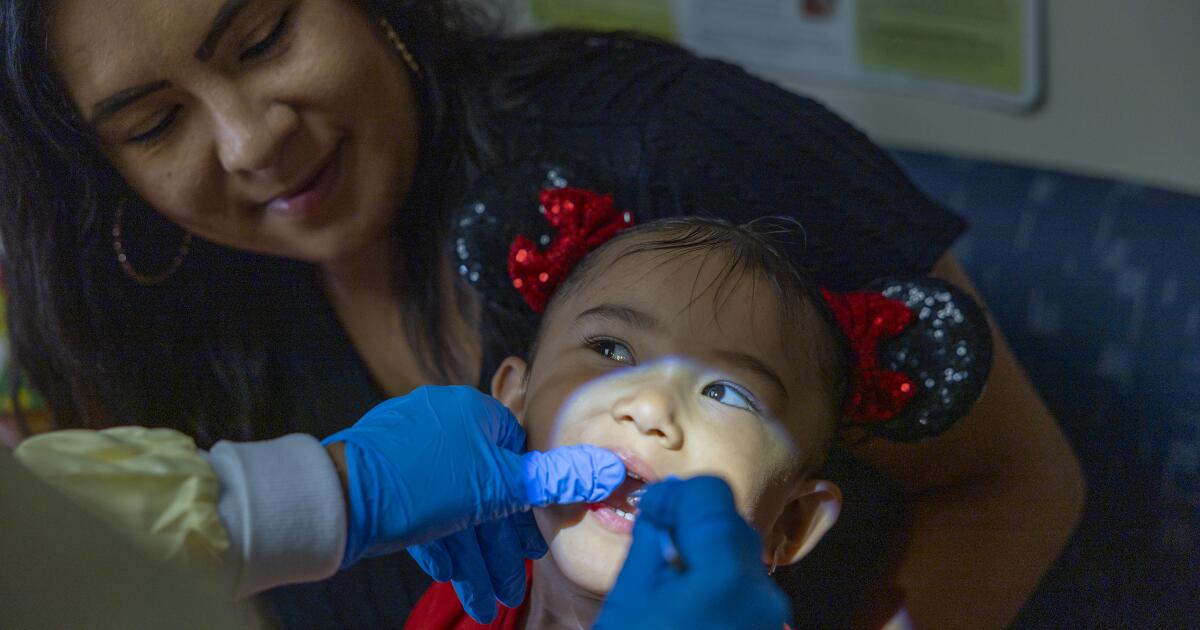
Before finding a cure, take advantage of prevention measures at your disposal. Nishita Gandhi, DDS offers care oriented towards preventing serious conditions in the present and future. Dr. Gandhi specializes in preventive services like sealants, oral cancer screening, smoking cessation, and night guards to maintain healthy and strong teeth. If you need a dentist in Bronx, New York, contact Nishita Gandhi, DDS, to book an appointment at one of the two offices.
What is Preventative Dentistry
Preventative dentistry refers to the procedure of caring for your teeth to keep them healthy and prevent future complications. Prevention reduces your risk of diseases and dental problems like cancer, tooth loss, cavities, and more threats to healthy and strong teeth.
Benefits of Preventative Dentistry
Preventative measures keep you safe from preventable conditions. Caring for your oral health ensures that you can maintain healthy smiles, chewing capability, dental hygiene, and speech. Poor oral health is associated with conditions like:
- Cancer
- Diabetes
- Osteoporosis
- Heart disease
- Respiratory disease
Preventive dentistry maintains your oral health from now henceforth while saving your time and money that you may have to spend to reverse dental complications.
Preventive Services Offered at Nishita Gandhi, DDS
If you need preventive services for your oral health, Dr. Gandhi may help you through:
- Oral cancer screening. Oral cancer may slip under the radar in the early stages. For the best results, you should schedule regular oral cancer screenings at Nishita Gandhi, DDS, to pinpoint early signs of oral cancer. Dr. Gandhi checks your mouth using ultraviolet light to discover unexplained lumps, mouth sores, white and red spots in the oral cavity. Upon detecting signs of oral cancer, Dr. Gandhi offers specialized treatment and tips for managing oral cancer.
- Dental sealants. Grooves and pits on your back molars may be hard to clean through your oral care routine, improving your chances of cavities. Dr. Gandhi coats vulnerable teeth using a tooth-colored sealant for efficient protection from tooth decay and discoloration. After drying, the sealant keeps away plaque and bacteria from reaching your enamel.
- Smoking cessation. Tobacco improves your risk of suffering gum disease, tooth decay, oral cancer, and severe tooth discoloration. If you need to achieve and maintain a healthy smile, you may need to make lifestyle adjustments like saying NO to tobacco. Dr. Gandhi offers relevant guidance to ease your process of quitting.
- Nightguards. Waking up with sensitive teeth, a sore jaw, morning headaches, or daytime fatigue are possible indicators that you are a nighttime teeth grinder. Dr. Gandhi offers appropriate treatment to maintain the size, shape, and length of your teeth. Nishita Gandhi, DDS uses advanced practices and equipment to prevent grinding’s long- and short-term effects.
Dr. Gandhi runs conclusive tests and diagnoses to determine your eligibility for night guards. He takes measurements and impressions to prepare custom-fit night guards. Each night guard is made of tough, durable plastic that lasts for years. Wearing your night guards offers long-term relief from a sore jaw, sensitive teeth, daytime fatigue, and morning headaches.… Read More...







